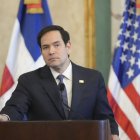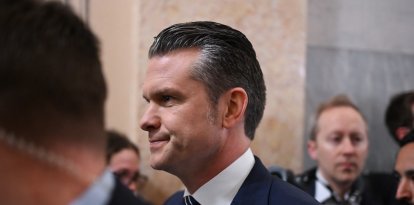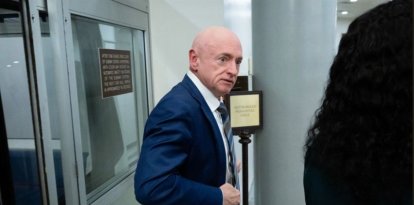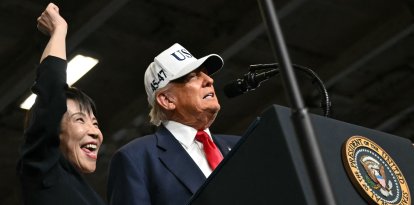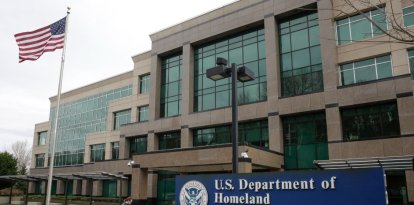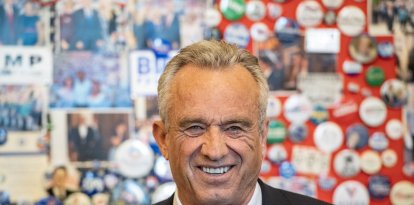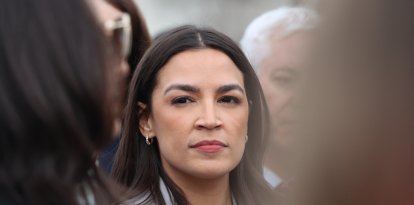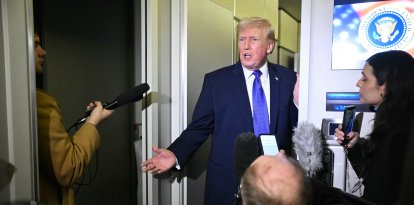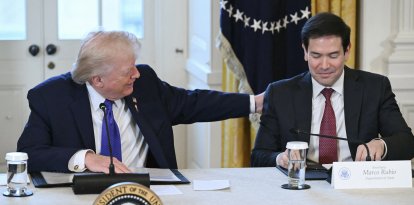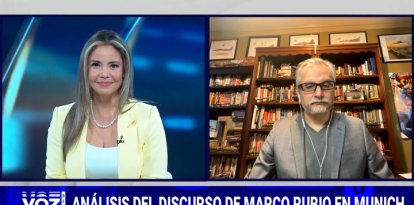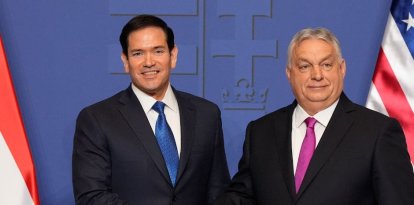Rubio gains ground against Grenell in handling Venezuelan crisis and stops Chevron's financing to Maduro
Trump's special envoy had publicly stated that the extension had already been approved following "progress" in diplomatic efforts.

U.S. Secretary of State, Marco Rubio
The State Department, under the direction of Marco Rubio, decided not to renew the license that allowed Chevron to export Venezuelan oil, in a determination made alongside President Donald Trump that directly contradicts previous statements by special envoy Richard Grenell.
Rubio announced Wednesday night that the authorization, which expired on May 27, would not be extended. This contrasts with recent statements by Grenell, who had publicly assured that the extension was already approved after "progress" had been made in the diplomatic arena.
Rubio takes the helm
Although Grenell has maintained visibility in Venezuela policy, especially for his role in the release of U.S. citizens, his ability to influence key decisions has been diminishing. In March, the White House withdrew direct responsibility for deportation flight negotiations from him, tasking Rubio to take back control after failures to deliver on promises made by Grenell.
With the recent resolution on the oil license, this trend is confirmed: while Grenell publicly assured that the extension was guaranteed, it was Rubio—in direct coordination with Trump—who finally established the official position. The spokeswoman for the State Department underlined this hierarchy by asserting that other people may have opinions, but decisions are made by the Secretary of State.
This second public disavowal in less than three months strengthens the perception that Rubio has not only increased his influence but has also consolidated himself as the main manager of Venezuelan policy within Trump's team.

Politics
US plans to extend Chevron's exemption in Venezuela for 60 days amid negotiations with Maduro
Agustina Blanco
Chevron is out
The decision not to extend the license was justified by the White House as another step in the hard line Trump has maintained against the Maduro regime. "[Trump is] unwilling to embolden this socialist and corrupt regime," said an official. The position also responds to internal pressures from the Republican Party in Florida, which had expressed their rejection of any concessions that would benefit Chavismo.





